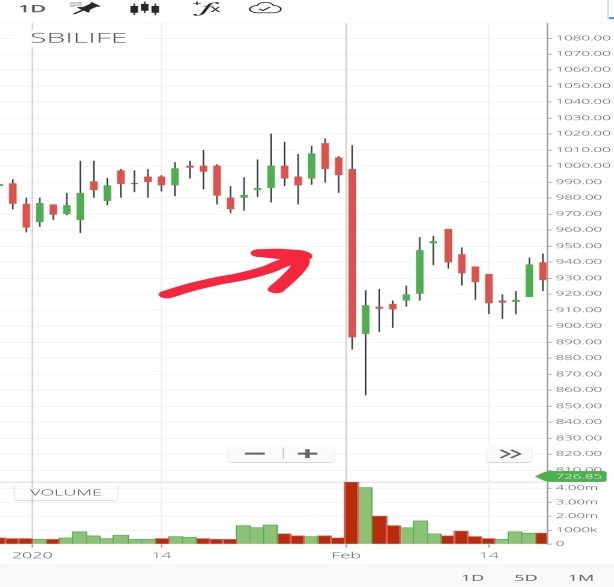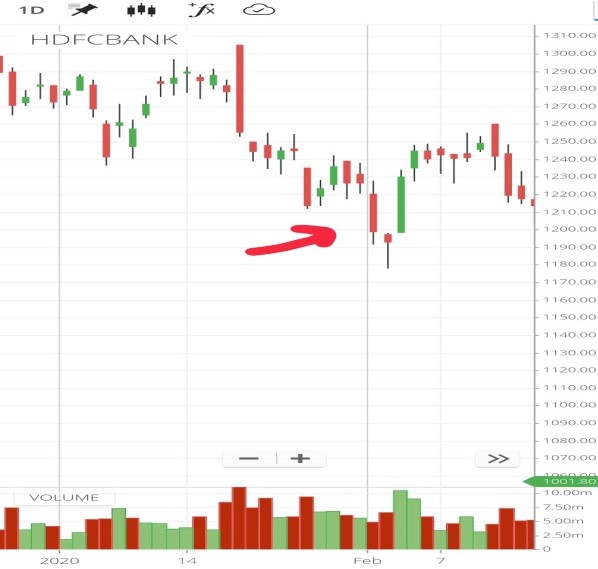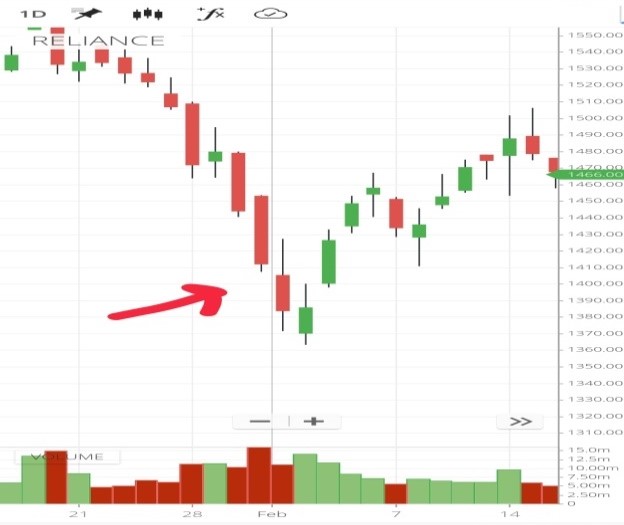Making mistakes is part of the learning process when it comes to trading or investing. Investing is generally referred for a longer period of time. Traders generally buy and sell futures and options or shares for short duration which can be 1 minute also and 2-3 months.
Some types of trading are:
- Scalping (trades which lasts for seconds to minutes)
- Day trading (about buying and selling on the same day, without holding positions overnight)
- Momentum trading (the trader identifies a stock that is “breaking out” and jumps on to capture as much of the momentum on the way up or down as possible)
- Swing trading (trading that attempts to capture gains in a stock within one to seven days)
- Position trading (Position traders stay in trades for weeks to months)
Mistake 1 – Trading is a Get Quick Rich Scheme
Many people believe that trading is scheme to become rich quickly. Think about it, if it was, everyone trading would already be millionaires. Trading is a skill and which takes time to learn. Skilled traders can and do make money in this field. However, like any other occupation or career, success doesn’t just happen overnight. Therefore trading without knowledge, skills, experience and practise has a direct relationship with losses.
Mistake 2 – Not having a Trading Plan
It’s a challenge to turn a profit through day trading, and although every day trader believes they can make money, most people who attempt day trading end up with a net loss because of poor money management rules, lack of discipline, risk management and emotions.
“Risk comes from not knowing what you are doing”
Experienced traders get into a trade with a well-defined plan. They know their exact entry and exit points, the amount of capital to invest in the trade and the maximum loss they are willing to take.
Beginners tend to lose money because they may not have a trading plan and a big sign that you don’t have a trading plan is not using stop-loss orders and common trading mistake is when a trader cancels a stop loss order on a losing trade just before it get triggered because they believe that the price trend will reverse.
Mistake 3 – Poor Money management skills
Money management looks so simple but it has many aspects relating to it. Money management includes
- Know your risk per trade
- Always use stop-loss
- Consider Risk Reward ratio before entering any trade
- Use Broker leverage wisely
- Controlling Fear and Greed
- Keep a trading journal and note the learning and mistakes from every trade.
Not following abovementioned money management skills will lead you to more and more losses and will bring an end to your trading career.
Mistake 4 – Never gamble on events
Gambling on events is not always a good idea.
For example: Budget 2020 has created lots of expectations around the country that government will bring in various reforms and plans to boost the economy and market also had various expectations some of them are like reduction of long term capital gain, Removal of Dividend Distribution tax and many more. So, the stocks which might can get boost by the actions of government were already valued accordingly before the event. However, the event didn’t go as expected and had adverse effect on the market.




These are the images of Share price of Reliance, HDFC Bank and SBI Life Insurance of the budget day of 2020. SBI Life insurance crashed 10% in minutes just because it was expected that the limit of deduction u/s.80C will be increased and insurance companies will benefit from it. However, when such expectations didn’t fulfill the share prices of Life insurance companies crashed 10% in just few minutes.
Mistake 5 Tip based trading
Nowadays, Tip based trading is getting very popular. There are so many channels on telegram for share market tips and many beginners who want to enter in share market tend to follow such tips. There might be certain good advisors also. However, following the free tips of advisors without applying your mind and by showing blind trust on some advisors will only lay off your capital in some duration. Because while following the tip there is general belief that these tips are from someone who is more experienced than us. Further, late replies or no reply from advisors can also lead to huge losses.

Therefore, it is advisable to be cautious while following any tips.
Conclusion:
During the journey of my trading, I kept my trading journal and noted some mistakes from every trade. We must identify the mistakes and learn from it otherwise it will not take much time to end up in losses. It is said that if you learn from your mistake then it is worth doing.
Identifying these mistakes have helped me to plug the loopholes and manage my capital in a more better way.